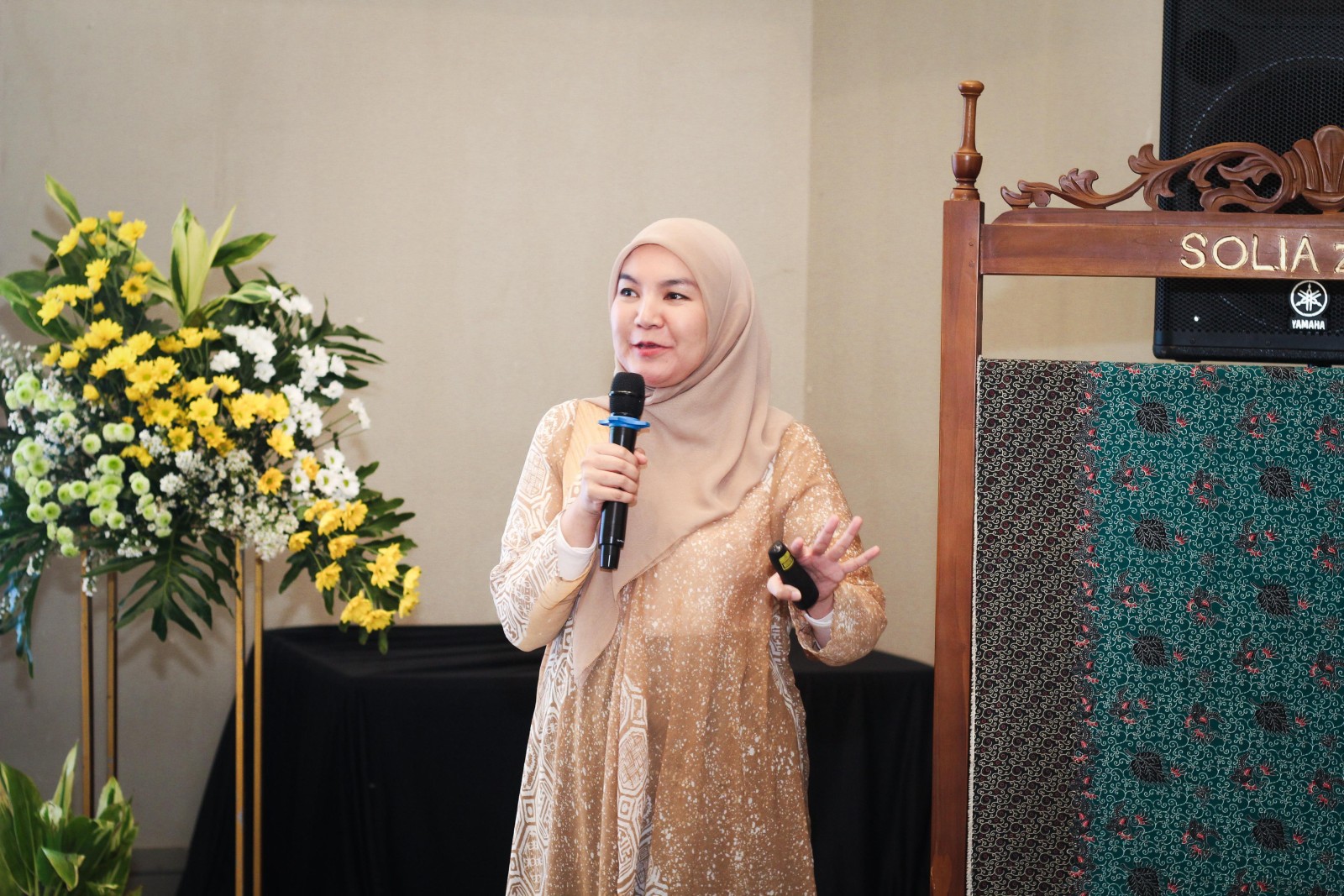
Share
Jakarta, 23 June 2025 – Central Java's export performance has once again achieved impressive results amidst challenging global economic dynamics. From January to April 2025, Central Java's exports increased by 7.5 percent year-over-year (YoY), surpassing the national export growth rate of 6.7 percent.
Rini Satriani, Chief Specialist for Market Intelligence and Leads Management at Indonesia Eximbank, explained that Central Java's growing export performance has made the province not only a center for labor-intensive industries but also an increasingly strategic driver of national exports.
The textile and textile products (TPT) sector is the most significant contributor to Central Java's export structure. Its contribution reaches 43.8 percent of total national TPT exports, making the province a major player in the Indonesian garment and fashion industry. Together with furniture and leather products, these three sectors account for 46.6 percent of Central Java's total exports, underscoring the strength of the creative and craft-based manufacturing industries that have long been a hallmark of this region.
Data shows that Central Java's export distribution also shows an intense concentration of leading commodities. Approximately 80.3 percent of the province's exports come from ten primary commodities, including clothing and accessories, footwear, wood and wood products, and leather goods.
"Although export value is dominated by large corporations that have consistently penetrated the global market over the past five years, the contribution of small and medium enterprises (SMEs and UMBEs) remains significant. Sectors such as wood, furniture, and leather products demonstrate that SMEs and UMBEs play a crucial role in maintaining the sustainability and diversification of regional exports," said Rini.
Rini added that Central Java exporters must anticipate challenges. 73.8 percent of Central Java's exports are concentrated in ten main destination countries, with the United States and Japan accounting for more than half of Central Java's total exports. This dependency makes Central Java vulnerable to global market volatility, particularly amid the trade war between the US and China, as well as geopolitical tensions in the Middle East.
"Amidst global pressure, opportunities remain wide open for Central Javanese exporters. Products with low political sensitivity, such as non-fashion textiles, environmentally friendly packaging products, and art, are promising export alternatives," said Rini.
"In the short term, Indonesian exporters can still optimize the United States market, which remains a major export destination, especially for products like packaging paper and furniture. This opportunity can be maximized by exploiting market gaps and various incentive policies currently being implemented by the US government for US businesses," said Rini. However, she emphasized that in the long term, strategies should be directed at market diversification to other regions, such as Central Asia, Europe, and South Korea. This diversification is crucial through the utilization of bilateral and multilateral trade agreements to increase national export competitiveness and resilience. Rini also reminded exporters to remain vigilant against escalating geopolitical tensions, particularly in the Middle East, which have the potential to trigger distribution disruptions and logistical obstacles in global trade routes."
Furthermore, the textile industry is currently experiencing an over supply of similar products from the People's Republic of China, potentially reducing demand for Indonesian textile products in export destination countries. Rini recommends that textile and textile exporters transform towards ESG-certified production. This strategic step aims to enhance competitiveness in a global market that is increasingly demanding sustainability and socio-environmental compliance.
"Central Java's export growth momentum is proof that this region has a strong and adaptive industrial foundation. With the right strategy, Central Java has a significant opportunity to continue to be a driving force for national exports while strengthening Indonesia's position in an increasingly competitive global market," said Rini.
***
Media Liason
Sam Malee
Corporate Secretary – Lembaga Pembiayaan Ekspor Indonesia
Ph. : (021) 39503600
Email : corpsec@indonesiaeximbank.go.id
Web : http://www.indonesiaeximbank.go.id